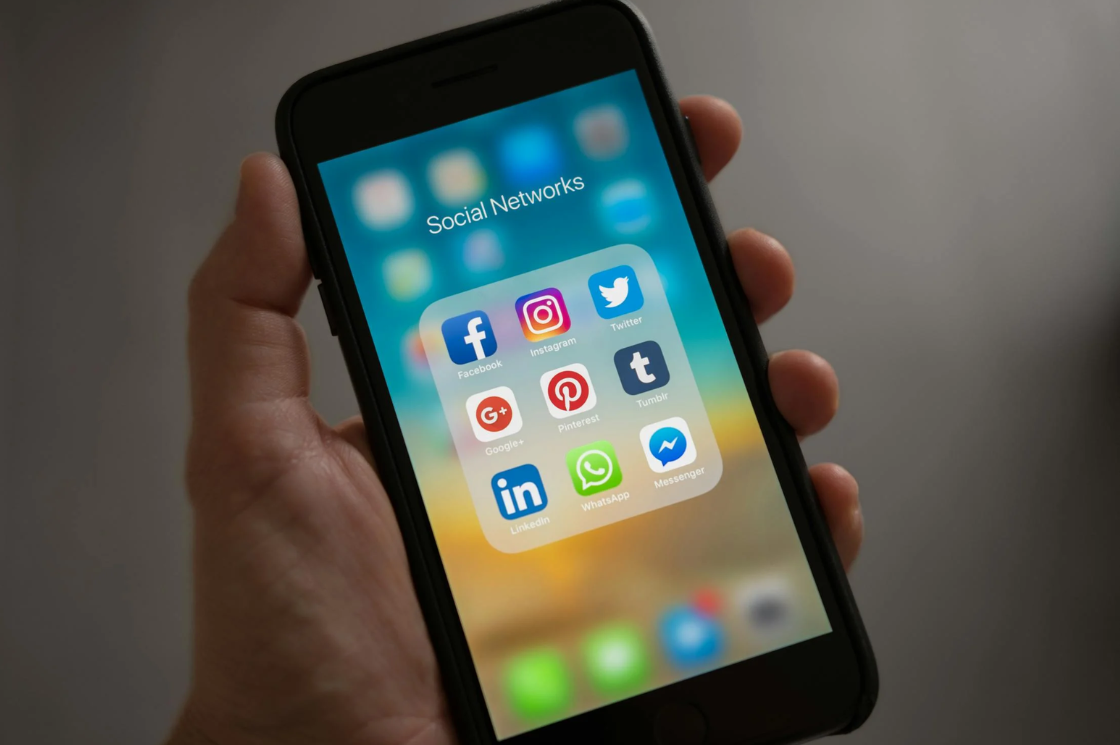
(Photo : pexels)
Australia's Pioneering Step: Banning Social Media for Kids
- Australia's lower house of parliament has passed a bill potentially banning social media for children under The proposed law requires social media platforms to implement age-verification protections, with non-compliant companies facing hefty fines.
- Tech giants have called for a delay in the ban's implementation until the age-verification trial is completed.
- The proposed legislation is a significant step in the global conversation about the impact of social media on children's mental health and privacy.
Australia is on the verge of implementing one of the world's most stringent social media controls. The country's lower house of parliament has passed a bill that could potentially ban social media for children under 16. The bill, which was supported by both the ruling and opposition parties, was passed with 102 votes in favor and 13 against. The legislation is expected to be debated in the Senate, with the government keen to ensure its passage before the end of the parliamentary year.
The bill has been championed by Prime Minister Anthony Albanese, who is seeking to boost his approval ratings ahead of an anticipated election in May. Albanese has argued that excessive use of social media poses significant risks to the physical and mental health of children. His stance has garnered support from parents and media outlets, including News Corp.
However, the proposed law has not been without controversy. Some youth advocates, including Australia's human rights commission, have raised concerns that the law could infringe on children's rights to self-expression. Despite these concerns, a recent YouGov survey revealed that public support for the ban has increased from 61% in August to 77% in November.
The Age-Verification System and Tech Giants' Response
The proposed legislation would require social media platforms to implement age-verification protections. Companies that fail to comply could face fines of up to A$49.5 million ($32 million). To enforce the ban, Australia plans to trial an age-verification system that may include biometrics or government identification.
A Senate committee has backed the bill but has stipulated that social media platforms should not compel users to submit personal data, such as passport and other digital identification, to prove their age. The committee has also urged the government to engage meaningfully with youth when framing the law. Committee Chair Senator Karen Grogan emphasized the need for young people, particularly diverse cohorts, to be at the center of the conversation as the age restriction is implemented.
Tech giants Google and Meta have called for a delay in the implementation of the social media ban until the age-verification trial is completed. Bytedance's TikTok has called for more consultation on the bill, while Elon Musk's X has expressed concerns that the proposed law might infringe on children's human rights.
Global Implications and Similar Initiatives
The bill was introduced last Thursday, and submissions on it closed the following day. A brief public hearing was held on Monday, leading some opposition and independent lawmakers to criticize the government for attempting to rush the legislation through parliament.
Australia is one of the world's most online populations, with four-fifths of its 26 million people on social media, according to tech industry figures. A 2023 University of Sydney study found that three-quarters of Australians aged 12 to 17 had used YouTube or Instagram.
The proposed legislation is the highest age limit set by any country and would have no exceptions for parental consent and no exceptions for pre-existing accounts. However, Albanese has clarified that children will still have access to messaging, online games, and services related to health and education, such as youth mental health support platform Headspace and Alphabet's Google Classroom and YouTube.
The proposed law is a significant step in the global conversation about the impact of social media on children's mental health and privacy. It follows similar discussions in other countries, such as the United States, where the House Energy and Commerce Subcommittee recently marked up the American Privacy Rights Act of 2024 (APRA) and the Kids Online Safety Act (KOSA). These acts aim to better protect children on social media platforms and establish a federal comprehensive data privacy bill.
* This is a contributed article and this content does not necessarily represent the views of btin.co.in









